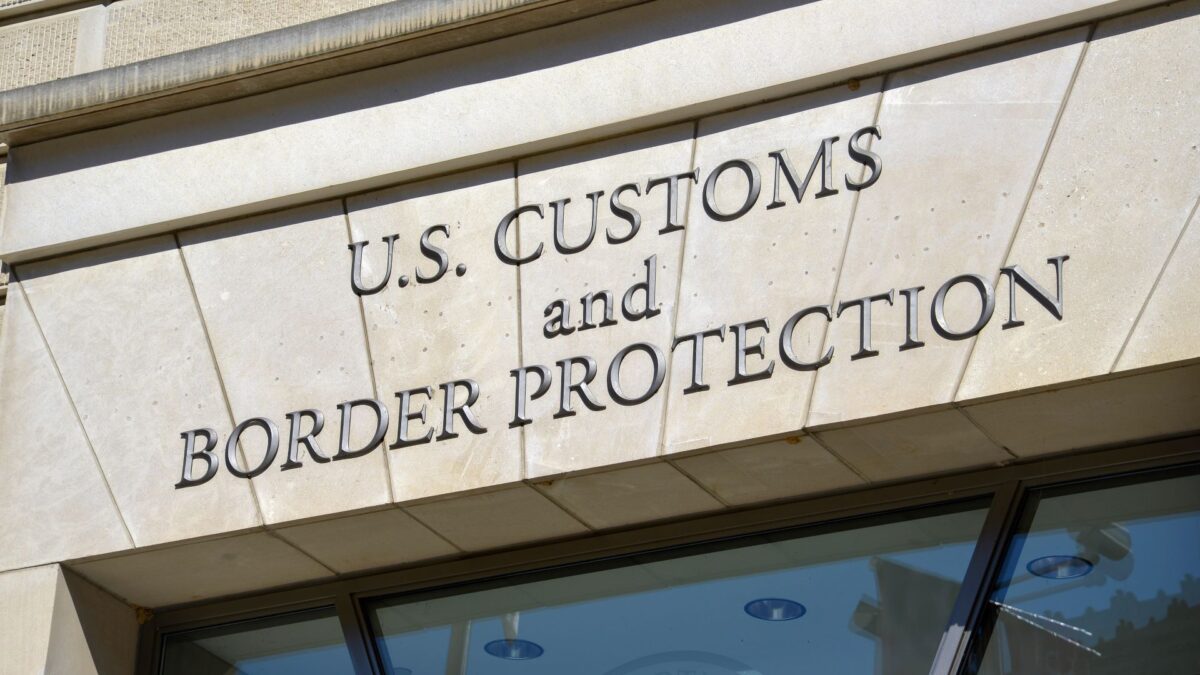Two Wisconsin-based suppliers of industrial products and their owners have agreed to pay over $10 million to settle accusations of submitting fraudulent commercial invoices in an effort to evade millions in customs duties owed on imports from China.
Precision Cable Assemblies Inc., which specializes in wire harnesses, battery cables, and other wiring products, along with Global Engineered Products, a supplier of power distribution products, were found to have submitted false invoices to U.S. Customs and Border Protection (CBP) that significantly undervalued their imported goods between 2016 and 2021, as announced by the Department of Justice last week. The value and tariff rate of the product are crucial in calculating import duties.
According to government allegations, two Chinese suppliers sent electronic spreadsheet invoices to Precision Cable Assemblies and Global Engineered Products reflecting the actual full price of the imported goods. The companies then manipulated the spreadsheets to decrease the prices by approximately 70% before submitting them through their U.S. customs broker, who unknowingly filed the inaccurate invoices with CBP. This scheme proved particularly beneficial for the companies following the additional duties imposed on many Chinese imports by the Trump administration in 2018.
As part of the settlement, Global Engineered Products has paid CBP $4.2 million in lost duties resulting from the undervaluation tactics. Furthermore, the defendants have contributed an additional $6 million to the Justice Department to settle claims regarding the evasion of duties under the False Claims Act.
“Companies that import goods into the United States are required to provide accurate information to Customs and Border Protection and pay all applicable duties. This settlement serves as a strong reminder to businesses and their owners to adhere to customs regulations,” stated Gregory Haanstad, U.S. attorney for the Eastern District of Wisconsin, in a press release.
The case was brought to light by a former employee of Precision Cable, who utilized federal whistleblower protections to report the misconduct. He received $1.2 million for his role in initiating a fraud lawsuit against the company, which led to government litigation.





